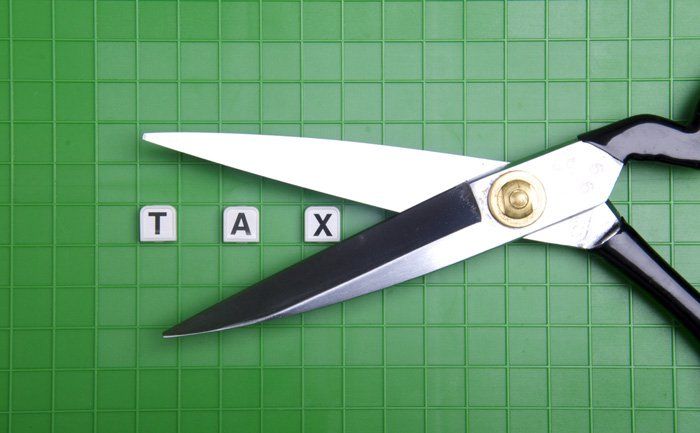UA economist discusses tax reform in making Arkansas more competitive
by October 17, 2021 11:12 am 1,323 views

University of Arkansas Walton College economist Mervin Jebaraj thinks there could be higher priorities for Arkansas’ effort to become more economically competitive than lowering the state’s top income tax rate.
Appearing on this week’s edition of Talk Business & Politics, Jebaraj said lowering or eliminating the state income tax rate would not necessarily bring business in the front door.
“I don’t know necessarily that zero income tax is what’s going to make Arkansas more economically competitive. What’s going to make Arkansas economically competitive is improving the standing of our workforce compared to our surrounding region and improving educational attainment in our state,” he said. “Those investments I think have the greater value for economic prosperity in our state.”
Jebaraj noted that Texas and Tennessee – which don’t have a personal income tax – have larger metropolitan areas with better infrastructure and higher educational attainment among workers. Texas also has higher energy taxes from oil and gas as well as higher sales and property taxes. Tennessee’s larger state economy and multiple metropolitan areas doesn’t really offer an apples-to-apples comparison to Arkansas.
Lawmakers and Gov. Asa Hutchinson are preparing for a special session to lower the state’s personal income tax from 5.9% to 5.5% or even lower – possibly 4.9%. There is also a push to eliminate one of the state’s three tax brackets making an above-and-below $82,000 bracket. Attorney General Leslie Rutledge, a GOP candidate for governor, has floated the idea of eliminating the personal income tax completely by 2030 through a citizens’ initiative, although efforts to organize that measure have not been made public.
Jebaraj said there are two ways to view the effort to reduce the income tax. With a present budget surplus of $1 billion, he warns that some of that money to be used for income tax reduction may be temporary as the federal government pumped billions into the economy during the COVID-19 pandemic.
“I think it’s important to remember that there has been quite a significant change in Arkansas revenues in the last year, and some of that might actually be temporary. So we’ve never had a surplus, for example, during a recession, but we did in the last year only because the federal government stepped in with a large, large amount of money,” he said. “That will eventually normalize. We won’t see that level of spending persist.”
Jebaraj also noted the state has been conservatively forecasting for the past three years, which has allowed for tax cuts, but could also be missed opportunities to budget for more pressing services to improve economic prospects, such as workforce training, educational advancement, childcare for workers, or greater broadband investment.
“As a result [of conservative budgeting], the state has beat forecast estimates since about early 2019… So the question needs to be asked if maybe we are forecasting maybe too conservatively, and we should up our revenue forecasts going into the future so the state, during the regular budgeting cycle, has a more accurate picture of what revenues are going to look like. Then the legislature can make decisions about what the greatest bang for the buck could be in economic development,” he said.
Jebaraj also paid tribute to the late Doyle Williams, former business dean of the Walton College of Business, who started the Arkansas Business Hall of Fame, the annual economic forecast, and landed the funding that led to the naming of the Walton College. You can watch his full interview below.
